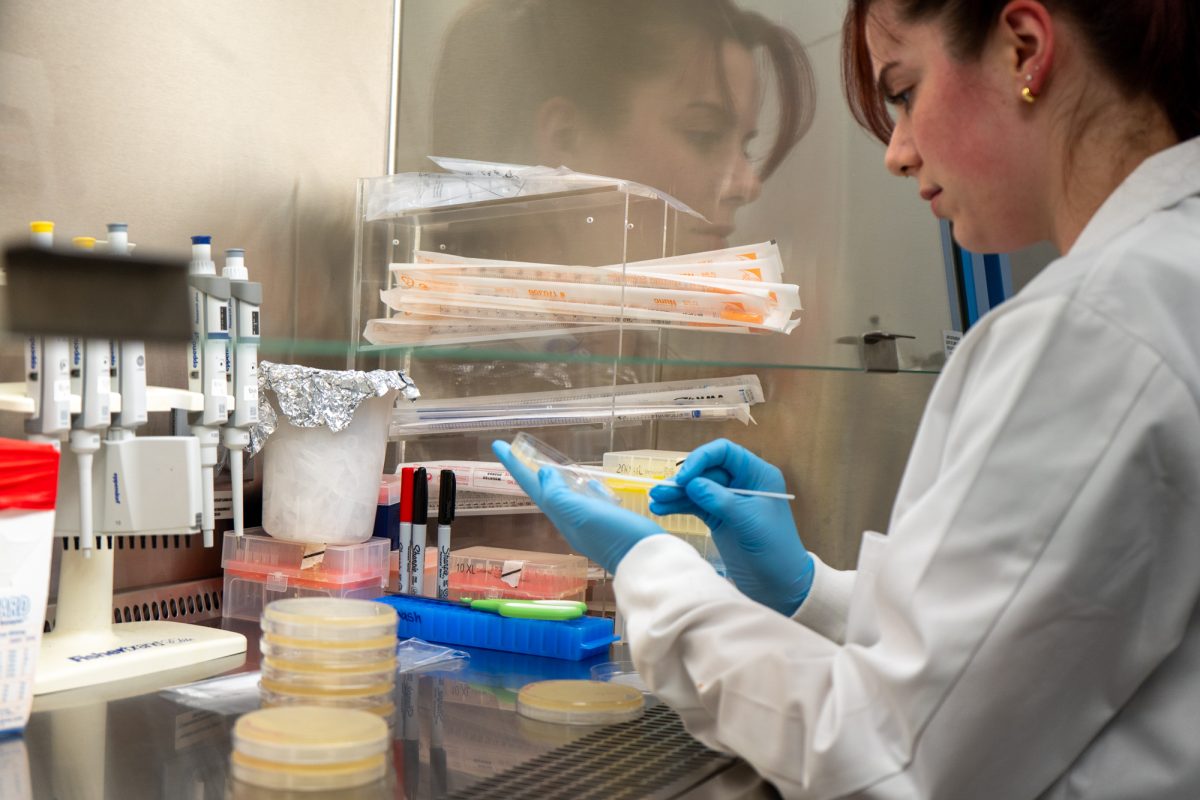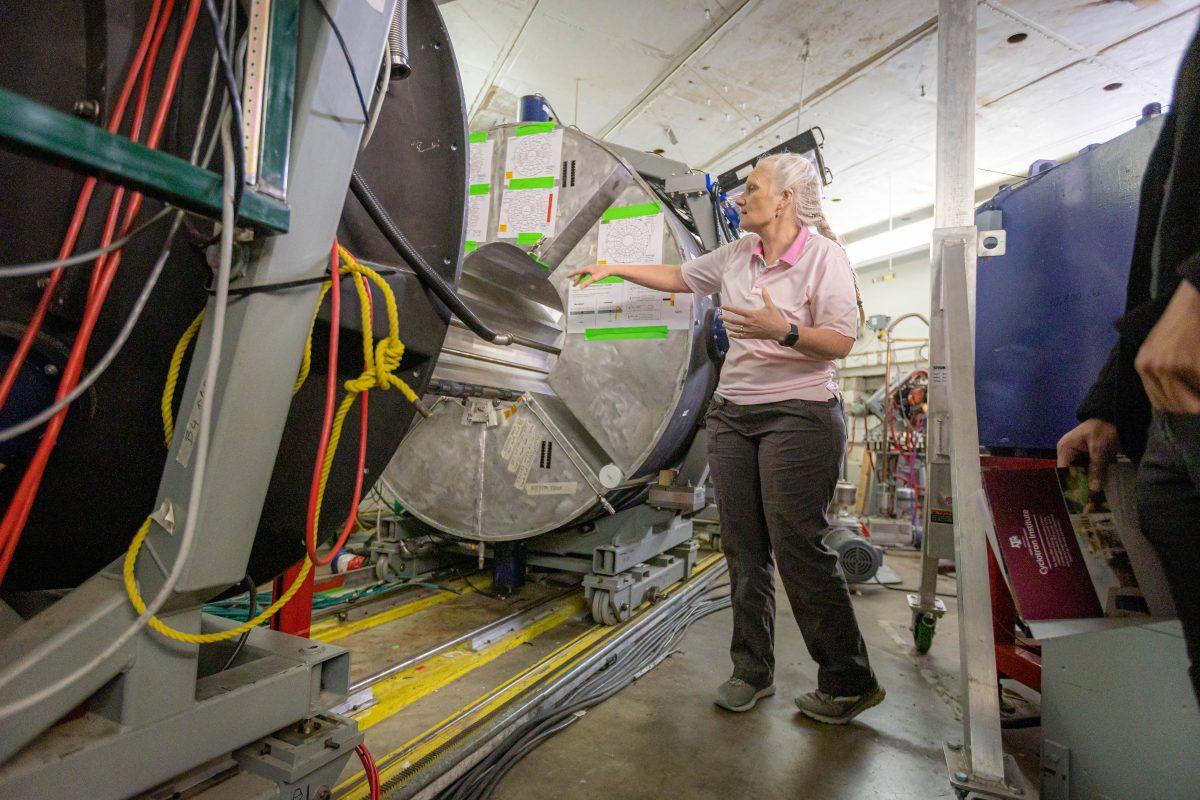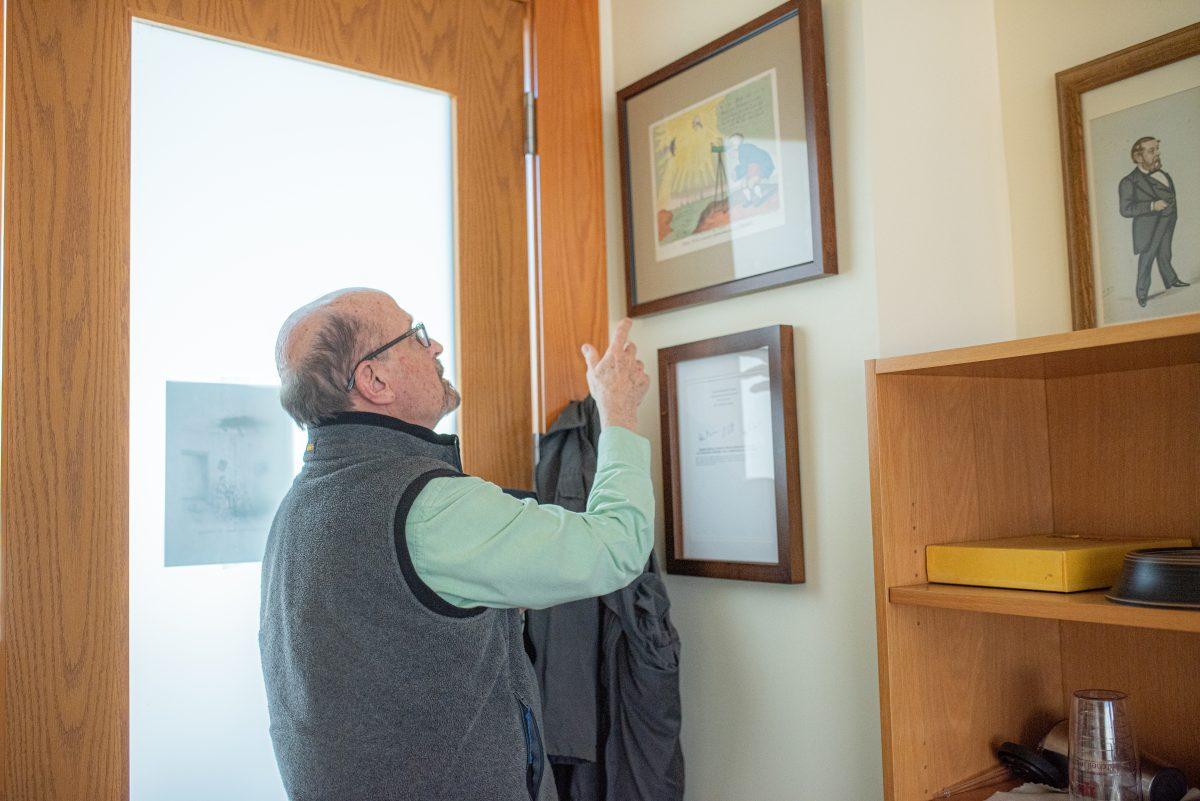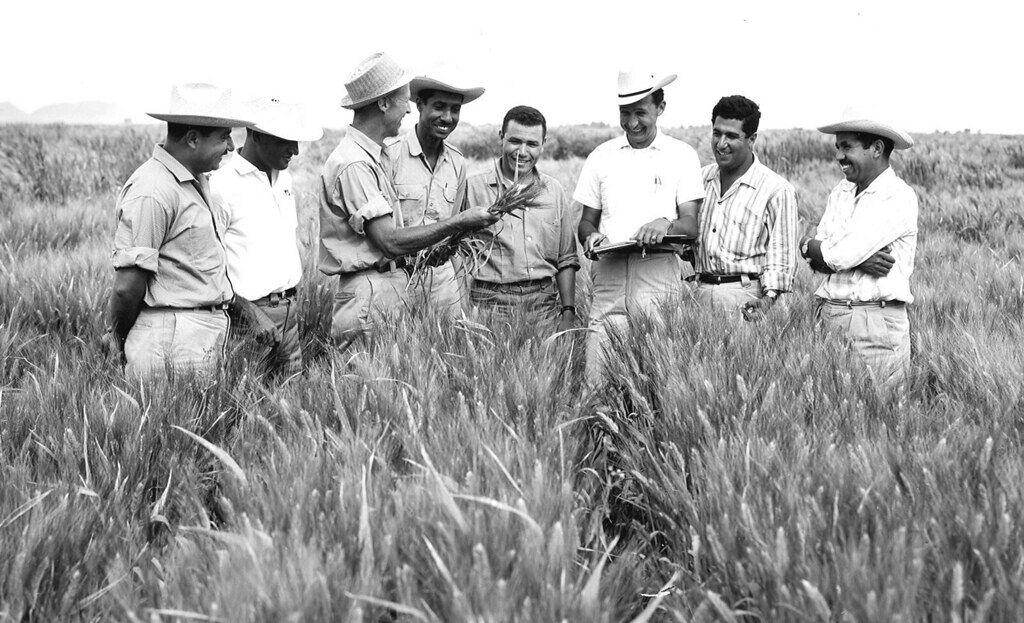In the world of academia, there are several fields that can be qualified as science. There is debate, however, for what can and cannot be considered science.
Generally speaking, there are two types of science: Hard science and soft science, which are colloquial terms used to differentiate separate fields based on perceived rigor, methodology and objectivity. To put it simply, the natural sciences such as biology, chemistry and physics are considered hard, while the social sciences such as economics, sociology and jurisprudence are considered soft.
Assistant psychology professor Brian Anderson said he would describe science as the general study of the physical world based on observations.
“I tend to think of science as the study of the physical world through objectively observing data and drawing conclusions on the basis of that data,” Anderson said. “The term ‘scientific method’ is by definition intended to capture the practice of science, hence the name. If an individual practices the scientific method rigorously and honestly, I think that endeavor would qualify as the practice of science.”
Anderson attributed the split between the two forms of science to the public’s perception of objectivity when it comes to the issue of bias. Anderson gave an example to describe this, saying that it’s harder to insert bias when evaluating the contents of a beaker than it is to insert bias into how you contextualize the results of a survey.
When it comes to academic weight, Anderson said he doesn’t believe one discipline is more important than the other when they are practiced as they should be.
“I think the public tends to underestimate both the extent to which data from the hard sciences is not always cut-and-dry and open to interpretation, and the extent to which even something as soft as opinion data can be acquired and interpreted rigorously,” Anderson said.
Physics and astronomy professor and member of the Mitchell Institute for Fundamental Physics and Astronomy Dave Toback echoed Anderson’s sentiment, saying that every discipline asks different questions, each of which takes a different background to answer.
“Different questions require different techniques,” Toback said. “Some of the techniques used by the people who do what is labeled hard sciences, are useless for the soft sciences and vice versa. However, many are powerful for both.”
Toback said that he believes that sometimes the debate between hard and soft science goes astray.
“The problem is it can be a proxy for a different question,” Toback said. “It’s a proxy for ‘Who is important? Who should be funded, who should be considered high status, who should be considered low status?’ … To me, science is about the business of understanding, and understanding the natural world. It isn’t that hard is better than soft. They just ask different questions. Both are, and should be, valued.”
Toback added that human beings interact with nature, and the study of those interactions is science, and falls under several umbrellas.
The two forms of science do interact on occasion, according to Anderson.
“There are some disciplines that sit at the intersection of these two conceptions of science,” Anderson said. “One example would be social neuroscience, which uses techniques such as brain imaging to examine theories from the field of social psychology. You can certainly use ‘hard’ science techniques to study soft science topics, which to some degree emphasizes the arbitrary nature of the distinction.”
Toback says that some like to contrast the hard sciences, like physics, to engineering or applied science, based on the merits of certain disciplines, citing engineering being an applied science whereas physics is not as an example.
“Some people use the term `applied science’ or engineering as if it somehow less than, or not as good, as science,” Toback said. “That misses the point. If you are applying what we learn from science that is important. If you are applying what we know to learn more about nature, then that’s science. If you are applying science to build something useful, that’s also clearly important, but that’s not science research.”
Toback said the labels of hard and soft, which are sometimes used because they are simple, are just not appropriate.
“Sometimes hard vs. soft is misleading and unhelpful. If we consider physical science vs. social science, we realize they ask different questions,” Toback said. “For example: What are the principles that guide how two electrons interact vs. what are the principles that guide how a group of people act? Both are important scientific questions. So, why hard vs. soft?”
Toback said it is clear there is some kind of difference between physics and sociology and they should be distinguished in a way that is useful.
“Clearly, they can both be science so they should be labeled as such,” Toback said. “I just don’t like the titles when people use them to over-simplify, or imply one is better than the other.”
The scientific split: dividing lines in the discipline
August 31, 2017
Photo by Photo by Brad Morse
Science includes a wide variety of areas, not only encompassing different topics but the way research is conducted and analyzed, leading some to debate whether some facets should be considered a science at all.
0
Donate to The Battalion
Your donation will support the student journalists of Texas A&M University - College Station. Your contribution will allow us to purchase equipment and cover our annual website hosting costs.
More to Discover








